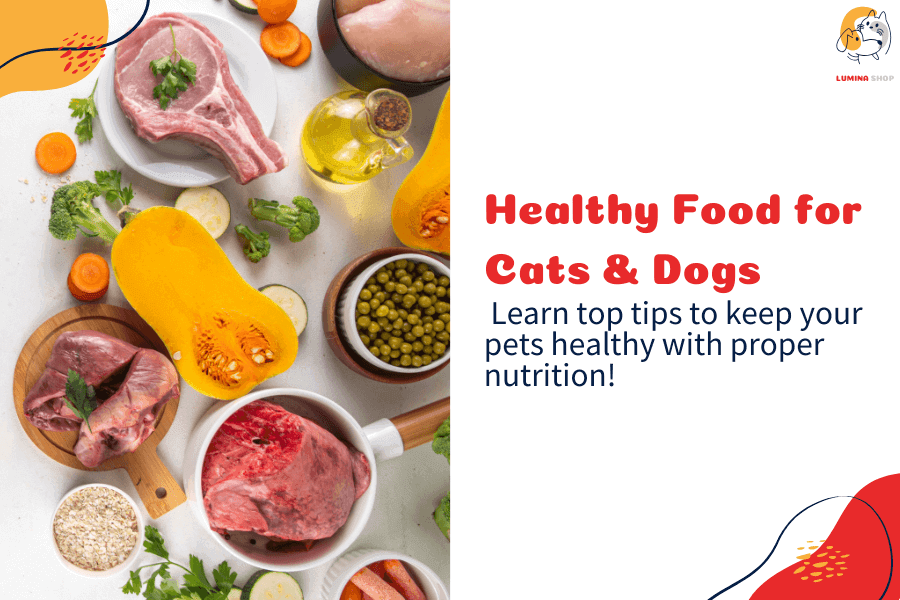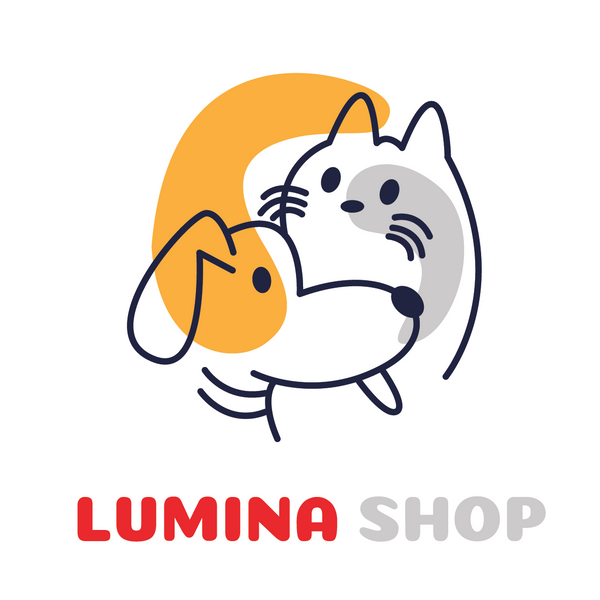
Pet Nutrition Guide: Best Food for Your Dog or Cat
As pet parents, we all want the best for our furry friends. Nutrition plays a vital role in their overall health, longevity, and happiness. But with so many options available, choosing the right food can be overwhelming. Whether you’re a dog lover or a cat enthusiast, this guide breaks down everything you need to know about proper pet nutrition. Let’s explore the essentials to keep your pets healthy and thriving!
Why Proper Nutrition Matters for Pets
Feeding your dog or cat a well-balanced diet is more than just filling their bowl—it’s about meeting their specific nutritional needs. Proper nutrition can:
- Boost energy levels and support active lifestyles.
- Strengthen the immune system.
- Improve skin, coat, and dental health.
- Maintain healthy weight and prevent obesity.
- Reduce the risk of chronic illnesses like diabetes or heart disease.
Essential Nutrients for Dogs and Cats

1. Protein
- Why it’s Important: Provides energy, supports muscle growth, and aids in tissue repair.
- Sources: Chicken, beef, fish, eggs, and turkey.
2. Fats
- Why it’s Important: Promotes healthy skin, a shiny coat, and proper brain function.
- Sources: Fish oil, flaxseed oil, and chicken fat.
3. Carbohydrates
- Why it’s Important: Supplies energy and aids digestion.
- Sources: Brown rice, sweet potatoes, and oats.
4. Vitamins and Minerals
- Why it’s Important: Supports bone health, vision, and metabolism.
- Sources: Leafy greens, carrots, and supplements (consult a vet).
5. Water
- Why it’s Important: Prevents dehydration, helps digestion, and regulates body temperature.
- Tip: Always provide fresh, clean water for your pets.
Dog Nutrition: What Should Dogs Eat?

Commercial Dog Food
- Dry Food (Kibble): Convenient, affordable, and great for dental health.
- Wet Food (Canned): Higher moisture content; ideal for picky eaters or dogs with dental issues.
Homemade and Raw Diets
- Homemade Meals: Allows control over ingredients but requires proper planning to avoid nutrient deficiencies.
- Raw Diets: Mimics ancestral diets but consult your vet before switching.
Foods to Avoid for Dogs
- Chocolate, grapes, raisins, onions, garlic, and artificial sweeteners.
Cat Nutrition: What Should Cats Eat?

High-Protein Diets
Cats are obligate carnivores, meaning they need animal protein to thrive. Look for food rich in meat, fish, and poultry.
Wet vs. Dry Food
- Wet Food: Better hydration and fewer carbohydrates.
- Dry Food: Convenient and can promote dental health.
Foods to Avoid for Cats
- Dairy products, raw fish, onions, garlic, and caffeine.
Special Dietary Needs

Puppies and Kittens
- Require high-protein, high-calorie diets for growth.
Senior Pets
- Need lower calories but higher fiber and joint-supporting nutrients like glucosamine.
Allergies and Sensitivities
- Opt for grain-free or limited-ingredient diets if allergies are suspected.
Homemade vs. Store-Bought Food: Which is Better?

Pros of Homemade Food
- Control over ingredients.
- Avoid artificial preservatives and fillers.
Cons of Homemade Food
- Time-consuming and requires careful balance of nutrients.
- May require supplements.
Pros of Store-Bought Food
- Convenient and formulated to meet nutritional standards.
Cons of Store-Bought Food
- Quality varies; some may contain fillers or artificial ingredients.
Tips for Transitioning Pet Food

- Gradual Change: Mix old and new food over 7-10 days to avoid digestive upset.
- Monitor Reactions: Watch for allergies or sensitivities like itching or diarrhea.
- Consult Your Vet: Seek professional advice for specific dietary needs.
Final Thoughts
Providing proper nutrition is one of the best ways to ensure your pet’s long-term health and happiness. From protein-packed diets to hydration-focused meals, the key is balance and quality. Remember, each pet is unique—what works for one may not work for another.
Looking for premium pet food and accessories?
Explore our latest food accessories collections and give your furry friends the care they deserve.
FAQs
1. How often should I feed my dog or cat?
Most dogs thrive on 1-2 meals a day, while cats prefer multiple smaller meals. Always follow portion guidelines based on weight and age.
2. Is grain-free food better for pets?
Grain-free diets can help pets with allergies, but consult your vet before switching.
3. Can dogs and cats eat human food?
Some human foods are safe, but many, like chocolate and onions, are toxic. Stick to pet-specific diets.
4. What supplements should I add to my pet’s diet?
Fish oil, probiotics, and joint supplements can benefit most pets, but consult your vet first.
By following these guidelines, you can ensure your pet stays healthy, active, and happy for years to come!
